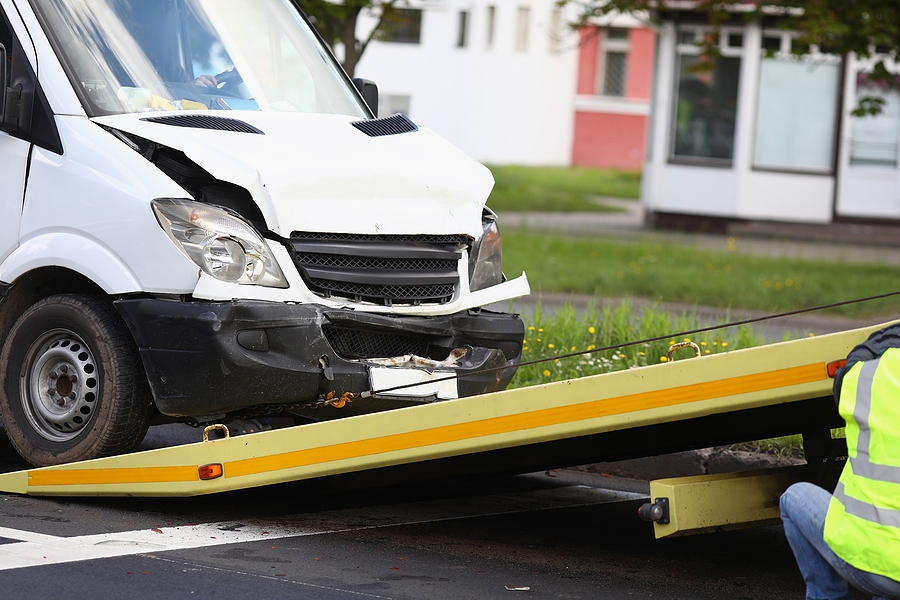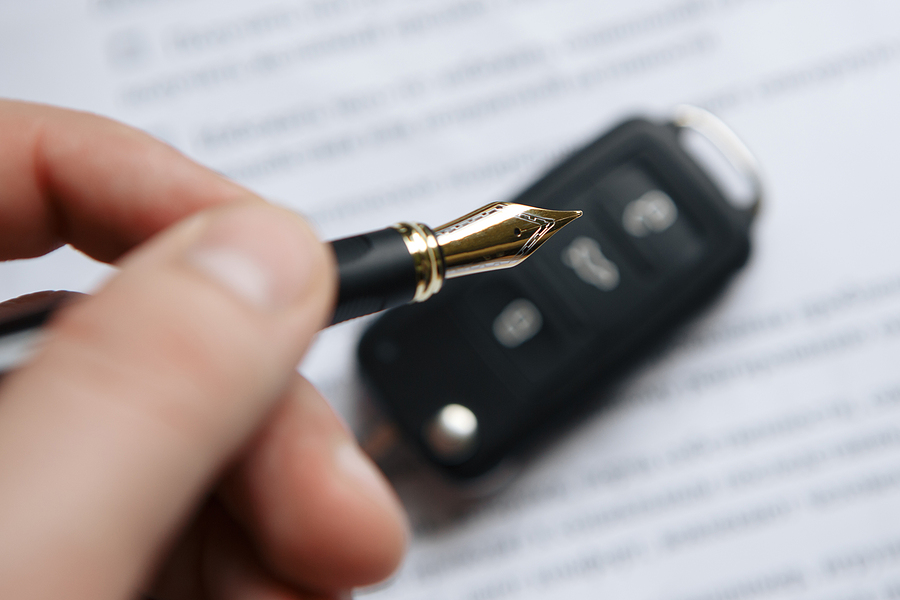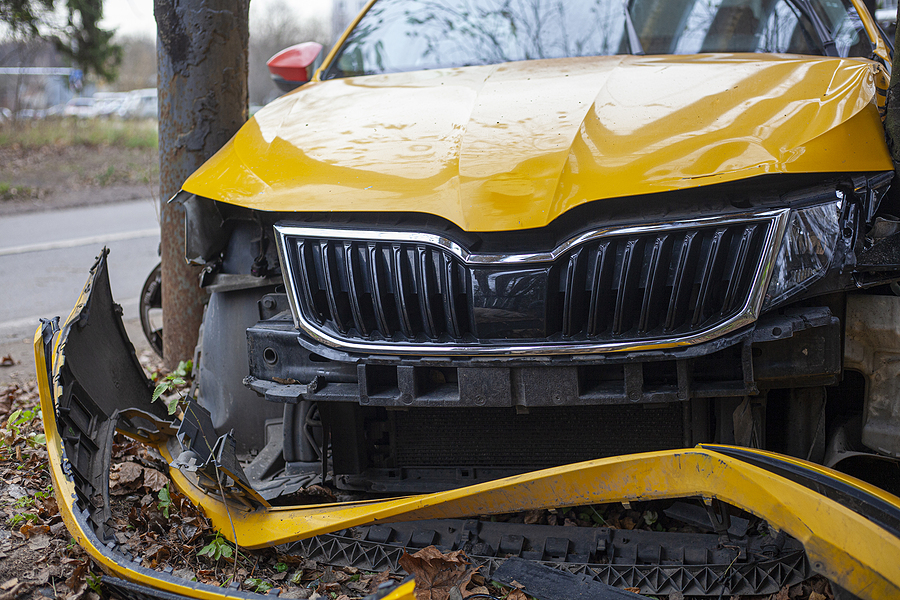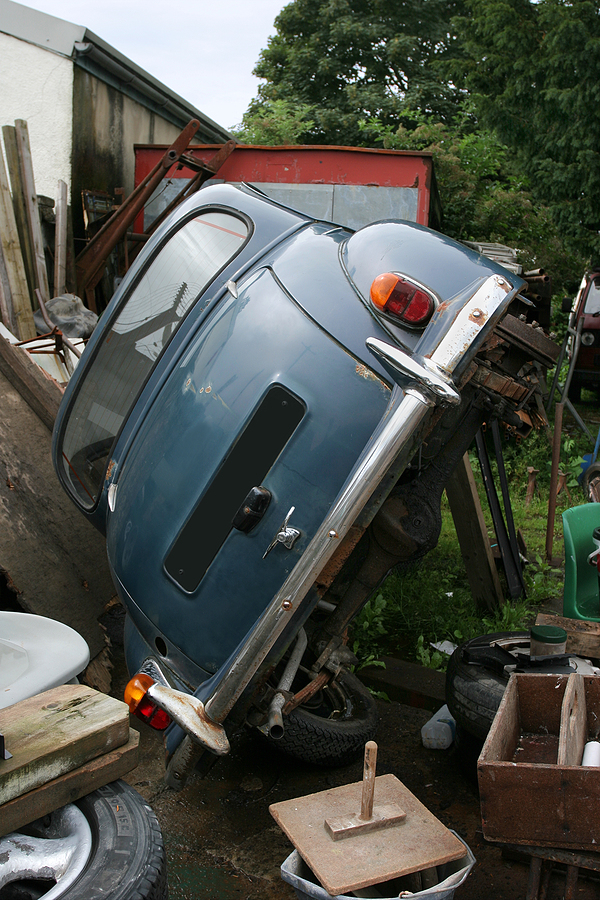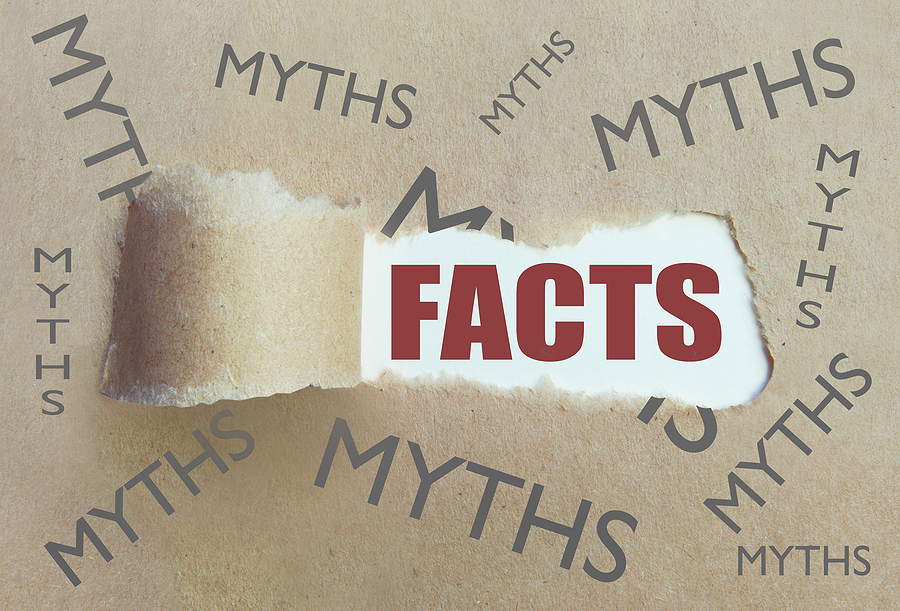TL;DR: Selling a junk car in Indianapolis is straightforward. Find a reputable buyer, gather your title, request a quote, and schedule free pickup. You can get paid cash on the spot—often the same day you call.
Key Takeaways:
- Most Indianapolis scrap yards require a valid vehicle title to purchase your junk car
- Free junk car removal is available through reputable local buyers like Zore’s Junk Cars
- Your car’s value depends on its weight, condition, make/model, and current scrap metal prices
- The entire process—from quote to cash—can be completed in as little as one day
Table of Contents:
- How to Get Cash for Junk Cars in Indianapolis
- Benefits of Using a Professional Scrap Car Removal Service
- What Documents Do You Need to Sell Your Junk Car?
- How Much Is Your Junk Car Worth?
- Common Questions About Junk Car Removal
- Quick Recap
- Sell Your Junk Car in Indianapolis Today

How to Get Cash for Junk Cars in Indianapolis
Getting paid for a junk car in Indianapolis is simpler than most people expect. Here’s how the process works, step by step:
- Locate your car title. This is the most important document you’ll need. Without it, many buyers can’t legally take the vehicle.
- Request a free quote. Contact a local Indianapolis junk car buyer—like Zore’s Junk Cars at 317-450-3721—and provide details about your vehicle (year, make, model, condition, and VIN).
- Accept the offer. If the price works for you, confirm the details and schedule a pickup time.
- Schedule free junk car removal. A reputable buyer will come to your location at no cost to haul the vehicle away.
- Sign over the title and get paid. When the buyer arrives, hand over the signed title and collect your cash on the spot.
The whole process can be completed in a single day. No haggling at a dealership. No costly repairs. Just a straightforward transaction that puts money in your pocket.
Ready to get started? Contact us now for a free quote and same-day free junk car removal throughout the Greater Indianapolis area.
Benefits of Using a Professional Scrap Car Removal Service
Selling a junk car privately can be a headache—fielding lowball offers, arranging test drives for a car that barely runs, and dealing with paperwork confusion. A professional scrap car removal service eliminates all of that.
Here’s what you gain by going with an established Indianapolis junk car buyer:
- Free towing and removal. Reputable buyers come to you. No tow truck bills, no extra fees deducted from your offer after the fact.
- Cash on the spot. You don’t wait for a check to clear or a bank transfer to process. Payment happens at pickup.
- No condition requirements. Doesn’t run? Flood-damaged? Sitting in your driveway for years? Professional buyers accept vehicles regardless of age, make, model, or condition.
- Responsible recycling. Established operations like Zore’s Inc. comply with all local, state, and EPA guidelines for scrap metal recycling—so your car is processed responsibly.
- BMV paperwork assistance. Some buyers will help you handle the administrative side of the transfer, saving you an extra trip to the BMV.
- Transparency matters here. Some buyers advertise top-dollar offers, then quietly deduct a towing fee at pickup. Always confirm upfront that removal is genuinely free before agreeing to anything.
What Documents Do You Need to Sell Your Junk Car?
Getting your paperwork in order before you call a buyer saves time and avoids delays.
Vehicle Title (Required)
The certificate of title is the primary document most Indiana auto salvage yards require. It proves you own the vehicle and authorizes the transfer of ownership. When the buyer arrives, you’ll sign the title over to them.
If You Don’t Have a Title
Losing a title doesn’t mean losing your sale. You can request a duplicate car title through the Indiana Bureau of Motor Vehicles (BMV). Visit in.gov/bmv or a local BMV branch to start that process.
In limited circumstances, Indiana allows a Bill of Sale (State Form 44237) to transfer ownership—but only when the vehicle isn’t legally required to have a certificate of title. If used, the bill of sale must include:
- The purchaser’s name
- Vehicle description (year, make, and model)
- Vehicle Identification Number (VIN)
- Seller’s signature and address
A bill of sale used as a primary ownership document also requires a completed Physical Inspection of a Vehicle or Watercraft (State Form 39530). Check with your buyer or the Indiana BMV to confirm whether a bill of sale applies to your specific situation.
Additional Tips
- Remove your license plates before the buyer arrives—Indiana requires sellers to retain or surrender their plates, not transfer them with the vehicle.
- Notify your insurance provider once the sale is complete.
How Much Is Your Junk Car Worth?
There’s no single answer, but there are clear factors that determine your payout.
Vehicle Weight
Scrap metal is priced by the ton. Heavier vehicles—trucks, SUVs, full-size sedans—generally yield more than compact cars, simply because there’s more metal to recycle.
Current Scrap Metal Prices
Scrap prices fluctuate based on national and global market conditions. The going rate for steel and iron changes week to week, which means your car’s value today may differ from what it was six months ago. A good buyer will walk you through current market values before making an offer.
Condition and Completeness
A car with all its major components intact—engine, transmission, catalytic converter—is worth more than one that’s been stripped. Catalytic converters, in particular, contain precious metals that carry meaningful resale value.
Make and Model
Some vehicles have parts in higher demand at auto salvage yards. If your car’s components can be resold before the rest is crushed, you may receive a stronger offer.
Location
Being in a major metro area like Indianapolis works in your favor. Buyers can reach you quickly, and competitive local demand can positively influence what you’re offered.
Common Questions About Junk Car Removal
Do I need a title to sell my junk car in Indianapolis?
Most Indianapolis auto salvage yards require a title. If yours is lost or damaged, contact the Indiana BMV to request a duplicate before arranging your sale.
Will they tow my car for free?
With Zore’s Junk Cars, yes. Free junk car removal is included, and no towing fees are deducted from your offer—what you’re quoted is what you receive.
How quickly can I get paid?
In most cases, you receive cash on the spot when the buyer picks up your vehicle. Same-day service is available.
What types of vehicles are accepted?
Beyond standard cars and trucks, buyers accept motorcycles, vans, SUVs, RVs, ATVs, and a wide range of other motorized vehicles and equipment.
What happens to my car after it’s picked up?
Your vehicle goes through a certified recycling process. Usable parts may be resold; the remaining metal is processed at the scrap yard in compliance with EPA and state environmental guidelines.
Quick Recap: The Junk Car Selling Process
- Locate your vehicle title (or request a duplicate from the Indiana BMV)
- Call a reputable Indianapolis junk car buyer for a free quote
- Accept the offer and schedule free pickup
- Remove your license plates before the buyer arrives
- Sign over the title when the buyer arrives
- Collect your cash on the spot
Turn That Junk Car Into Cash Today
A vehicle sitting unused in your driveway isn’t just an eyesore—it’s money waiting to be claimed. The process of selling a junk car in Indianapolis is faster and simpler than most people realize, particularly when you work with an experienced, transparent buyer.
At Zore’s Junk Car’s, we pay cash on the spot for all motorized vehicles, regardless of age, make, model, or condition. We also provide free junk car removal throughout the Greater Indianapolis area. No hidden fees. No surprises. Call now or to request a free quote today.
Related Post: Selling a Junk Car in Indiana? Your Complete Vehicle Title Guide

